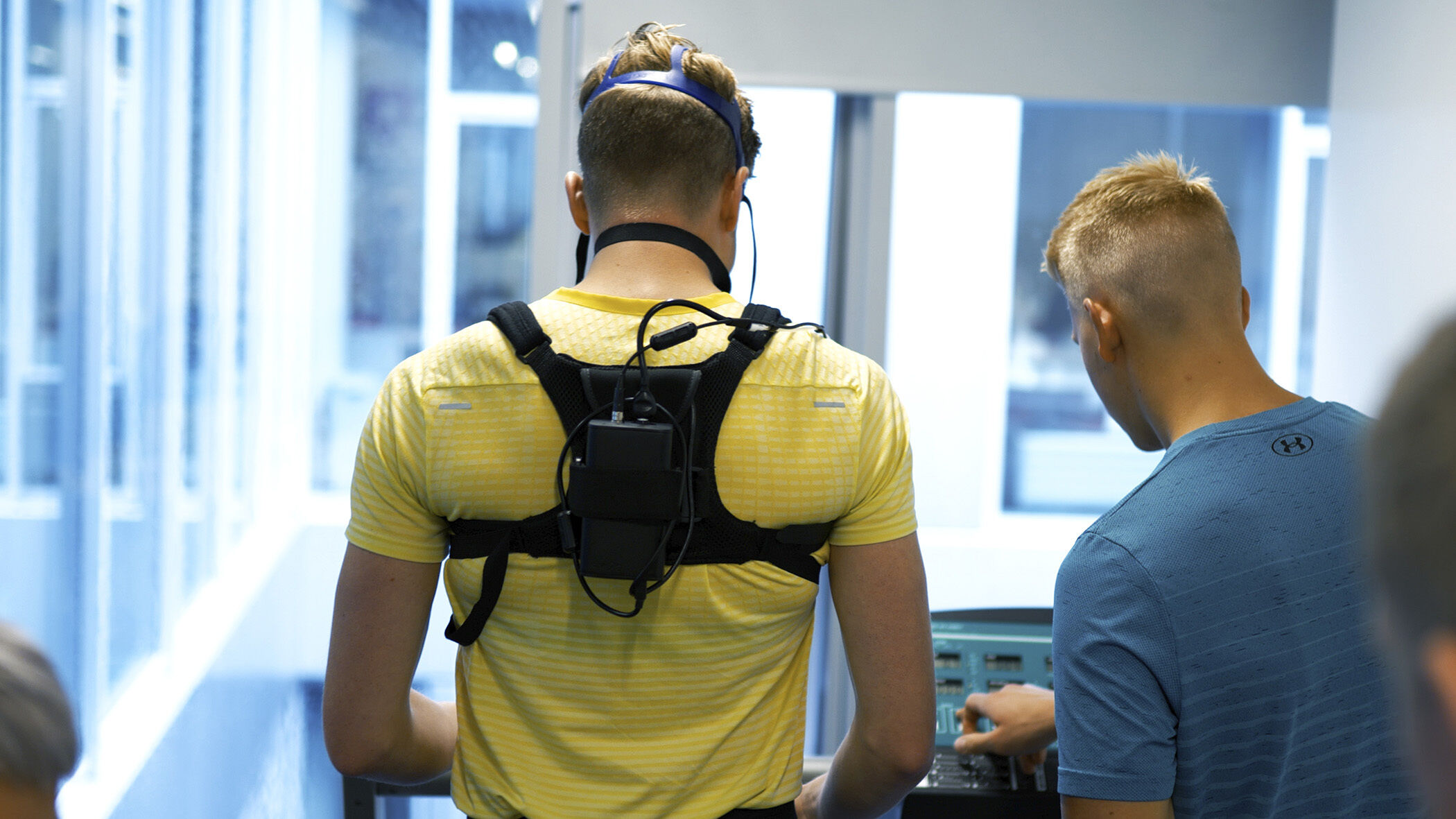Micro-Credential in Preformance Analysis
The program is at the master's level and is the first of its kind in Iceland. Students take three 10-credit courses that, in various ways, address performance analysis, an increasingly important aspect of sports. Students learn to analyze performance using video analysis software and sports analysis tools (e.g., GPS vests). They are also taught to create predictive models using data processing programs such as R and Matlab. This program is ideal for those interested in applying technology and data science to improve athlete performance.
The program is fully taught in English.
Micro-Credential in Performance Analysis
Overview

Credits
30 ECTS
Language
English
Length of study
One year
Courses Students Take
Sports Analysis and Feedback - Fall
Sports analytics - Spring
Sports Performance Topics - Fall
Includes specialization in sports-related data analysis. The program is made up of subjects that deal with sports science and how to analyze and use data to improve decision-making and performance. Students learn to analyse performance with video analysis programs and sports analysis devices (eg GPS). Students also study data science. This program is for anyone interested in applying technology and data science to improve the performance of their athletes.
Learning Format
Most courses are taught in modules, five weeks + one week for project work. Typically, classes are held on Tuesday, Wednesday, and Thursday from 12:40 PM to 3:10 PM GMT.
Renowned International and Local Scholars
Leading international scholars in strength and endurance training, sports nutrition, sports psychology, and exercise physiology will share their knowledge and experience with students.
Here are examples of some of the leading international scholars that have taught at our program last year: Dan Gould, Robert Weinberg, Hugh Fullagar, Peter O´Donoghue, Inigo Mujika, Clive Brewer, Ian Jefferys, Chris Curtis, Billy Low, Kevin Tipton, Rick Howard, Rob Duffield, Tim Harkness, Chris Harwood and many others.
Interdepartmental Collaboration
The Sports Science Department collaborates with other departments, such as the Department of Engineering, Department of Psychology, Department of Computer Science and Department of Business, benefiting students in their research endeavours and topic selection.
New Knowledge
By creating new knowledge in their field, students develop expertise and specialisation, with numerous opportunities to explore questions they seek answers to. Students have addressed questions like:
-
“Why is the quality of the Norwegian women's handball team so high?”
-
“Does the first goal in the Premier League make the biggest difference?”
-
“Do rebounds matter more in basketball playoffs?”
Admission
Students shall have completed undergraduate studies in sports science, physical therapy, health training, biology, education science, or other related disciplines.
How to apply
Ready to take the next step in your academic journey? At Reykjavik University, we welcome students from around the world to join a diverse, innovative, and supportive community dedicated to learning and growth.
Follow the steps below to get started on your application and discover all that Reykjavik University has to offer. We're excited to see you become part of our vibrant academic community!
Here you can read more about how to apply to this programme.
Contact us
We welcome your enquiries via e-mail.


